THE BANJO by HENRY OSSAWA TANNER
October 18
1917—“Dizzy” Gillespie, bandleader and pioneer of “B-bop Jazz,” is born John Birks Gillespie in Cheraw, S.C.
1945—Actor, singer, activist and socialist Paul Robeson receives the NAACP’s prestigious Spingarn Medal for his artistic achievements. Robeson would be hounded by the U.S. government because of his leftist leanings. He was labeled a communist, blocked from working in America and later denied a passport so he could not travel to Europe to work.
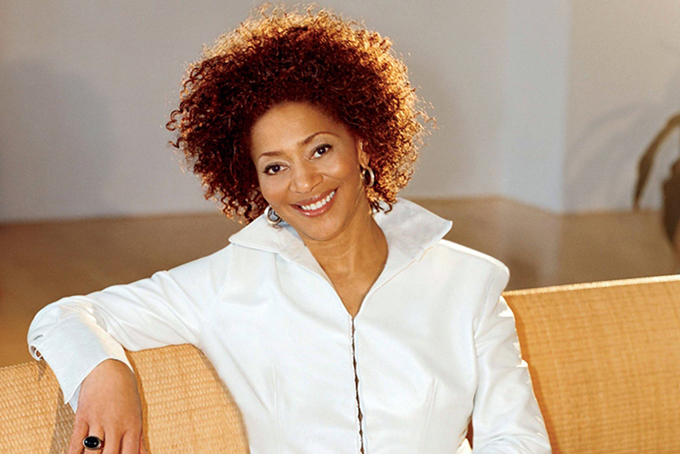
1951—Novelist Terry McMillan is born in Port Huron, Mich.
-
October 19
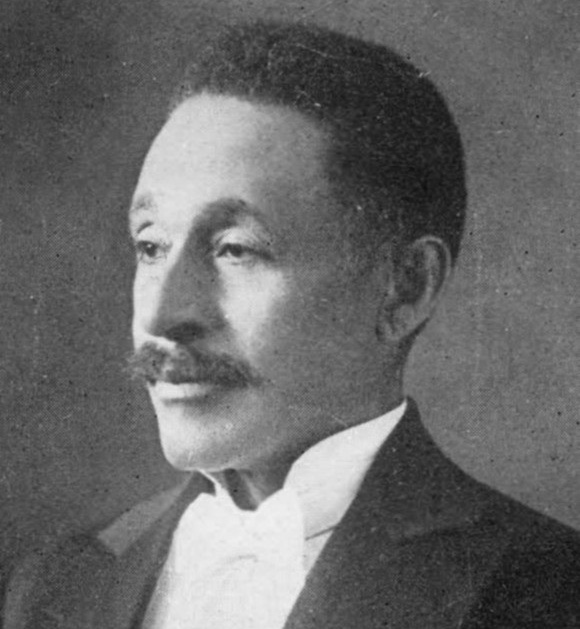
1859—Co-founder of West Virginia State College, Byrd Prillerman, is born. He became one of the state’s most prominent educators
1870—The first African Americans elected to the U.S. House of Representatives came from South Carolina: Joseph H. Rainey, Robert C. Delarge, and Robert B. Elliott. Rainey was actually seated first and thus became the first African American sworn in as a member of Congress. A portrait in his honor was finally placed in the U.S. Capitol Building in 2006.
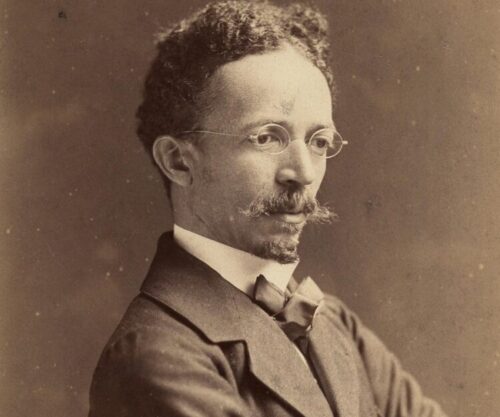
1894—Henry Ossawa Tanner wins the Medal of Honor at the Paris Expositions for his paintings. He was the first African-American painter to gain international acclaim for his works. Tanner was born in Pittsburgh, Pa. In fact, he eventually moved to Paris because of opposition to a Black artist in the United States. His most famous painting is “The Banjo Player.”
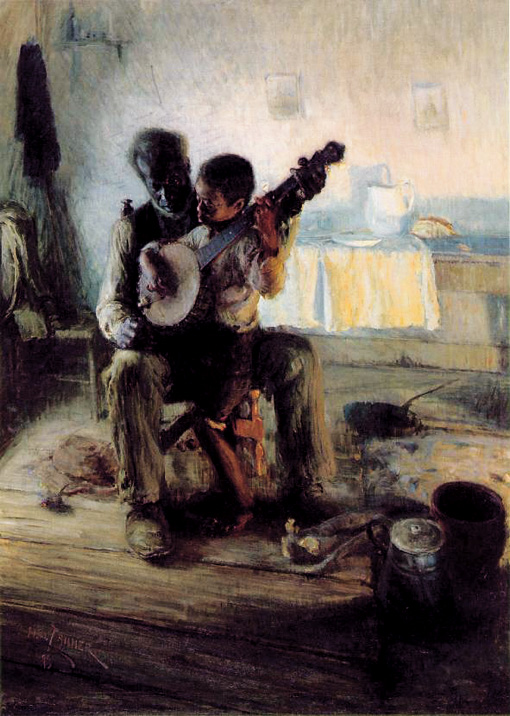
-
October 20
1898—The North Carolina Mutual And Provident Insurance Co. is founded by a group led by John Merrick. The company grows into the largest Black-owned insurance firm in America.
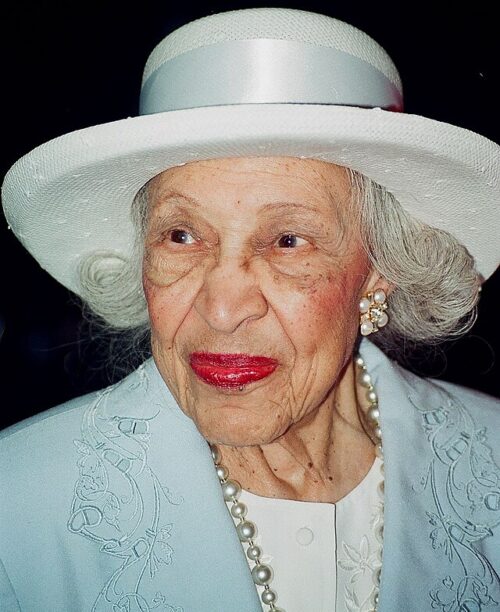
1904—Enolia P. McMillan is born. She becomes first female president of the NAACP.
-
October 21
1865—Jamaican national hero and independence advocate, George William Gordon, is unjustly arrested and sentenced to death for his struggle to free the Caribbean island nation from White minority rule. The son of a White man and a Black slave woman, Gordon is considered one of Jamaica’s most significant national heroes.

1950—Earl Lloyd becomes first Black person to play in an NBA game.
1994—Dexter King, youngest son of Dr. Martin Luther King Jr., is named head of SCLC—an organization founded by his slain father. Ironically, Dexter’s sister Rev. Bernice King would later be named to head the civil rights group.
-
October 22
1906—Three thousand Blacks demonstrated and rioted in Philadelphia to protest a theatrical production of Thomas Dixon’s racist play—“The Clansman.” The play essentially praised the Ku Klux Klan while demeaning Blacks.
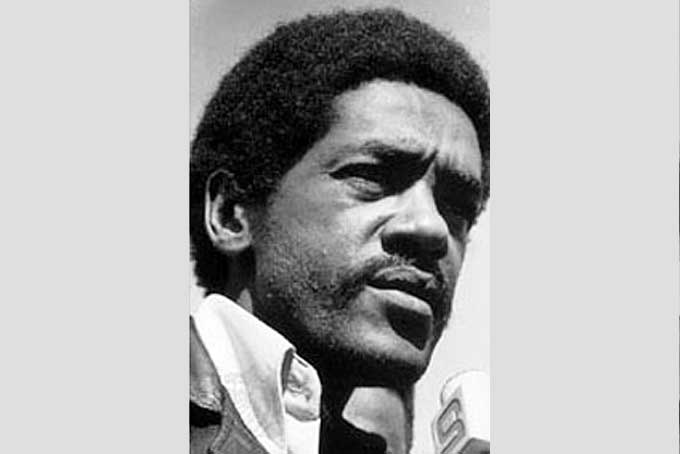
1936—Black Panther Party co-founder Bobby Seale is born in Dallas, Texas.
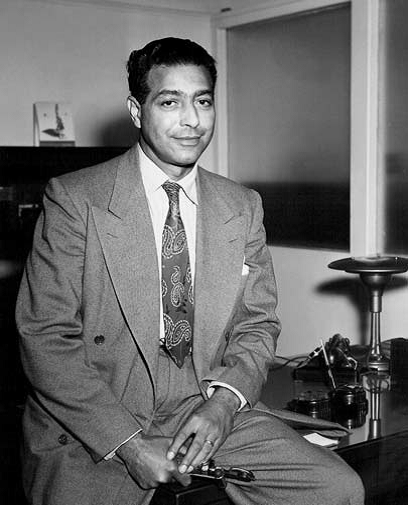
1953—Clarence S. Green becomes the first African American certified as a neurological surgeon.
2009—The Centers for Disease Control and Prevention issues a devastating report showing the number of new HIV/AIDS infections was declining for all population groups—except homosexual males, which the CDC refers to as MSM—men who have sex with men. Among MSMs, the highest infection rate was found among young Black males aged 13 to 24.
- October 23
1775—The Continental Congress approves a resolution barring free Blacks from the army fighting for American independence from England. The resolution came even though many free Blacks were already fighting in the war. The motive behind the resolution came from Southern slave colonies which feared that by fighting in the war for American independence, Blacks would also demand an end to slavery.
1911—The National Urban League is formed. Next only to the NAACP, it becomes the second oldest and second largest Black self-help organization in America. It grew out of the spontaneous 20th-Century Freedom Movement for freedom and opportunity that came to be called the Black Migrations. Central to the organization’s founding were two remarkable people: Mrs. Ruth Standish Baldwin and Dr. George Edmund Haynes, who would become the Committee’s first executive secretary.
1947—The NAACP files an “Appeal To The World” with the newly found United Nations concerning racial injustice in America. For its day, the filing was a bold move on the part of the NAACP and it angered many liberal and conservative Whites.
-
October 24
1892—More than 25,000 Black workers are said to have joined a workers strike in New Orleans to protest working conditions, lynchings and other social ills.
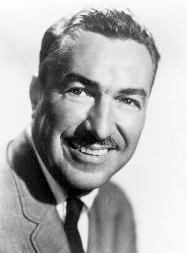
1935—Fascist Italy invades Ethiopia, at the time, one of only two independent countries in Africa. U.S. Blacks were among thousands protesting worldwide. Powerful Harlem, N.Y. Pastor Adam Clayton Powell Sr. was among those seeking aid for Ethiopia. Ethiopian Emperor Haile Selassie spoke at his church.
1935—“Mulatto” opens on Broadway in New York City. The play, written by famed Black poet Langston Hughes, became the first long-run Black play on Broadway.
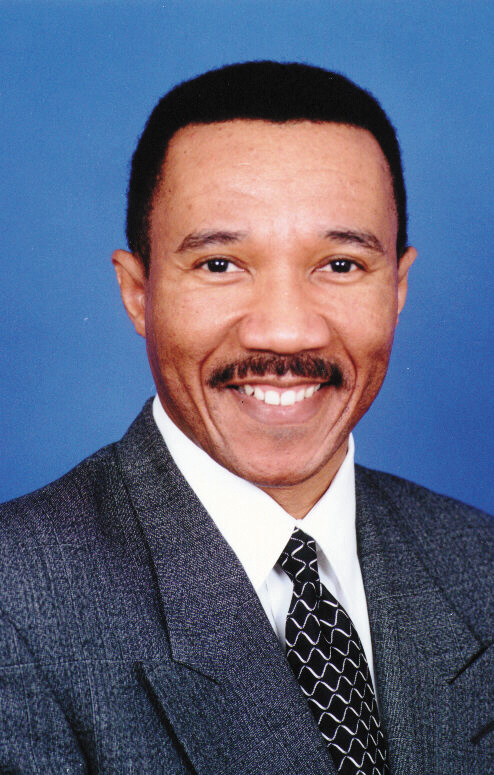
1948—Kweisi Mfume is born Frizzel Gray in Baltimore, Md. He became a congressman, head of the NAACP but later lost a bid for a seat in the U.S. Senate.
1964—The African nation of Zambia becomes independent from White colonial rule.

